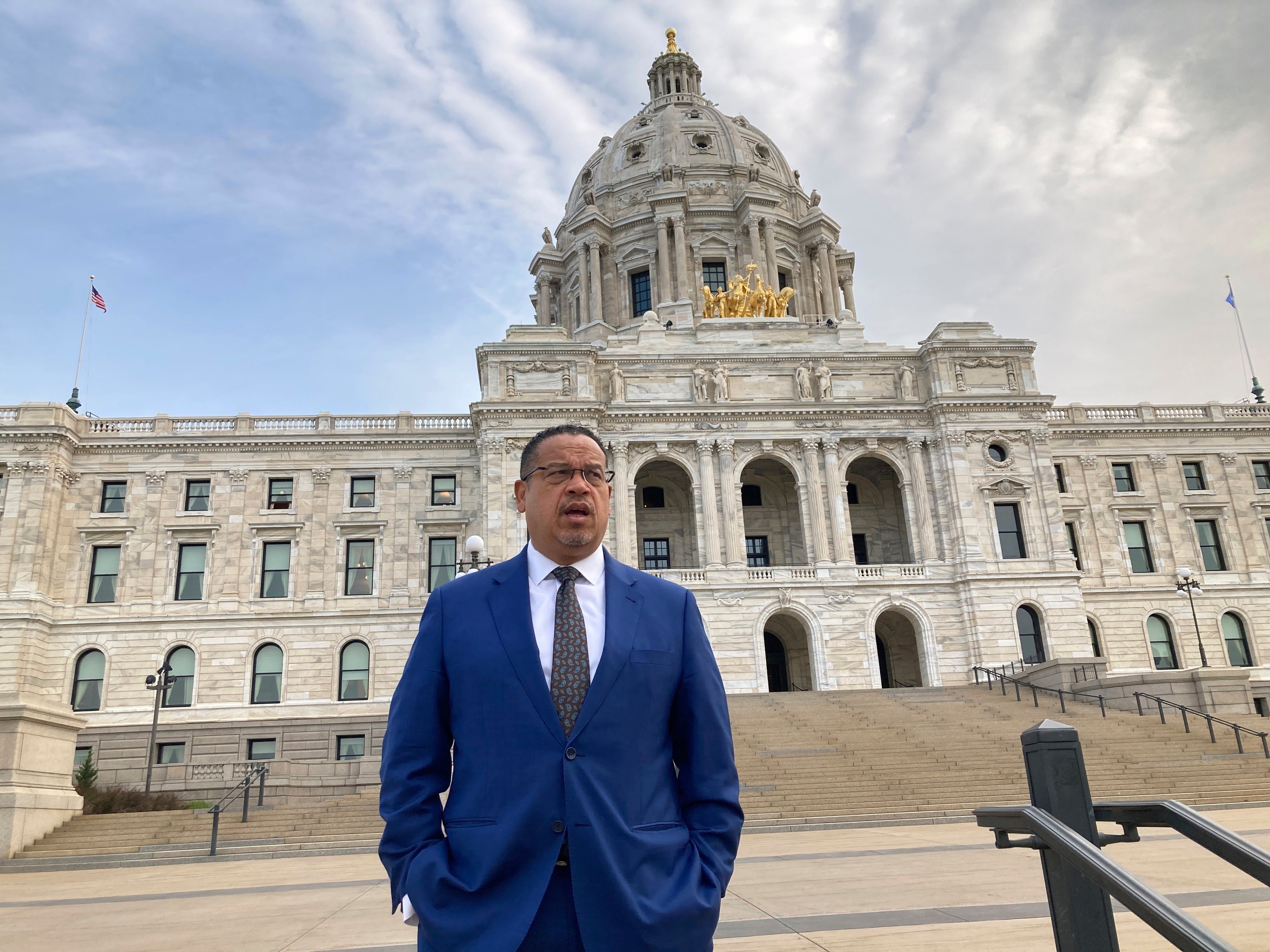Derek Chauvin Pardon: What It Means and How Leaders Are Responding
In recent weeks, talks about a possible Derek Chauvin pardon have ignited debate across the United States. As the fifth anniversary of George Floyd's death approaches, concerns have grown over whether former President Donald Trump might grant a federal pardon to Chauvin. This article breaks down the facts, the legal framework, and the public responses surrounding this controversial topic.

The Roots of the Derek Chauvin Pardon Rumors
Public speculation about a potential derek chauvin pardon intensified after rumors began circulating in political circles. According to Star Tribune reporting, Minnesota Governor Tim Walz, public safety agencies, and city officials are preparing for any outcome. Gov. Walz stated, "No indication whether they're going to do it or not, but I think it behooves us to be prepared for it."
Minneapolis Community Safety Commissioner Toddrick Barnette clarified the situation, explaining that even if Trump issues a federal pardon, Chauvin would be transferred to Minnesota to continue serving his state murder and manslaughter sentence. This means the derek chauvin pardon would not lead to immediate release.
Legal Implications: Can Derek Chauvin Be Freed by a Federal Pardon?
If President Trump were to issue a pardon for Derek Chauvin, the legal effect would be limited. Chauvin currently serves concurrent federal and state sentences for the 2020 killing of George Floyd. As KSTP News reports, only the president can pardon federal convictions—not state crimes. Therefore, Chauvin’s 22.5-year Minnesota state sentence would still stand, even if his federal record is cleared. Authorities, including Attorney General Keith Ellison, emphasized that “Trump has no power to pardon Chauvin’s state conviction. None.”
This distinction is crucial because Chauvin’s earliest expected release from federal custody is in 2037, while state release is projected for 2035, with supervised release until 2043.
Political and Community Reaction
News of a possible derek chauvin pardon has generated strong reactions nation-wide. Some political figures, most notably Rep. Marjorie Taylor Greene, have voiced support for Chauvin’s release. As reported by The Independent, Greene publicly called on Trump to issue a pardon. Meanwhile, other public officials and organizations strongly oppose such a move, warning it would show disrespect for both George Floyd and the rule of law.
Multiple Minnesota agencies have overhauled their emergency management strategies since 2020, preparing for any unrest that may result from a possible pardon. Local officials remain vigilant but stress that, for now, “no credible intelligence about any pardon or planned disruptions” has been identified.
Outlook: What Happens Next?
While rumors about a derek chauvin pardon continue, official statements from both state and federal leaders consistently assert that such a pardon would not result in Chauvin’s immediate freedom. Instead, any federal clemency would only return him to serve out his state sentence. Most credible sources agree that the only significant effect of a federal pardon would be symbolic, with no practical change in Chauvin's incarceration status.
For more details and ongoing updates, you can read the Star Tribune's full coverage and KSTP's latest report. For insight into political advocacy efforts, consult The Independent's article.
Conclusion
The discussion around a derek chauvin pardon is ongoing and emotionally charged. Whether or not a pardon is granted, the key takeaway remains: federal clemency would not free Chauvin from prison due to his state-level conviction. As leaders and communities wait for further developments, public officials stress the importance of preparing for any possibility and maintaining clear communication with the public.